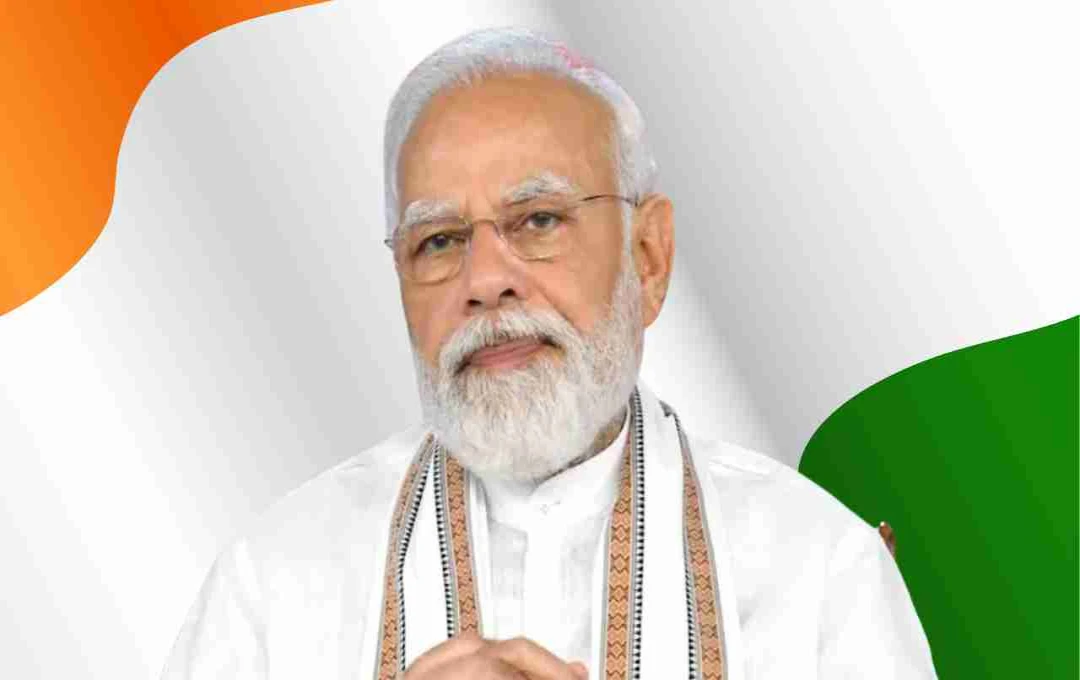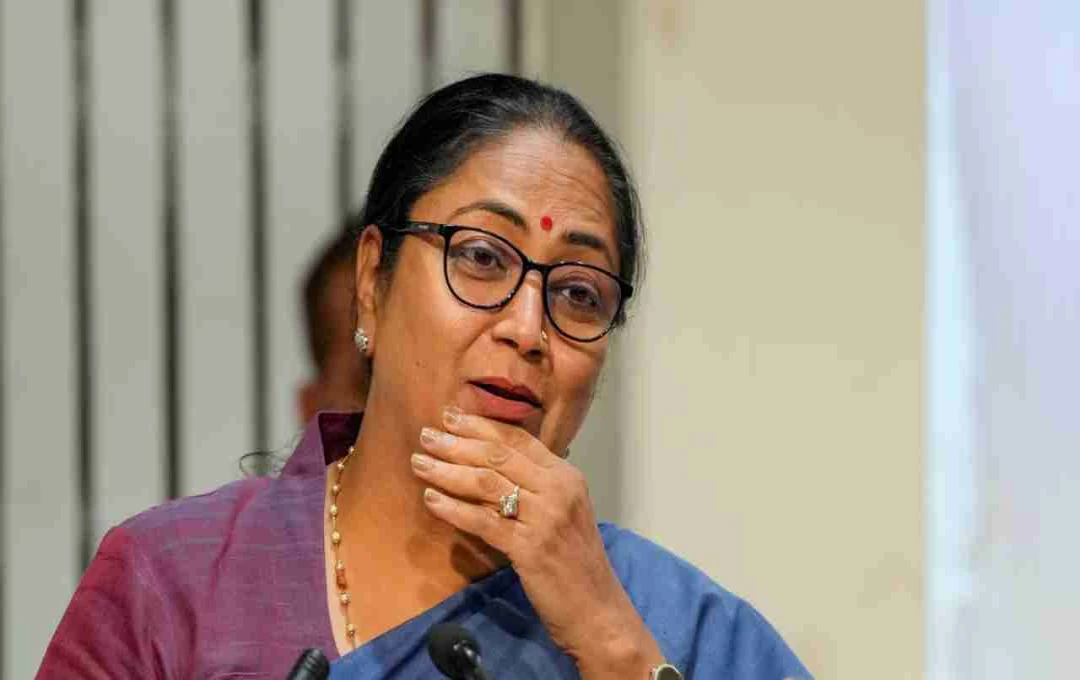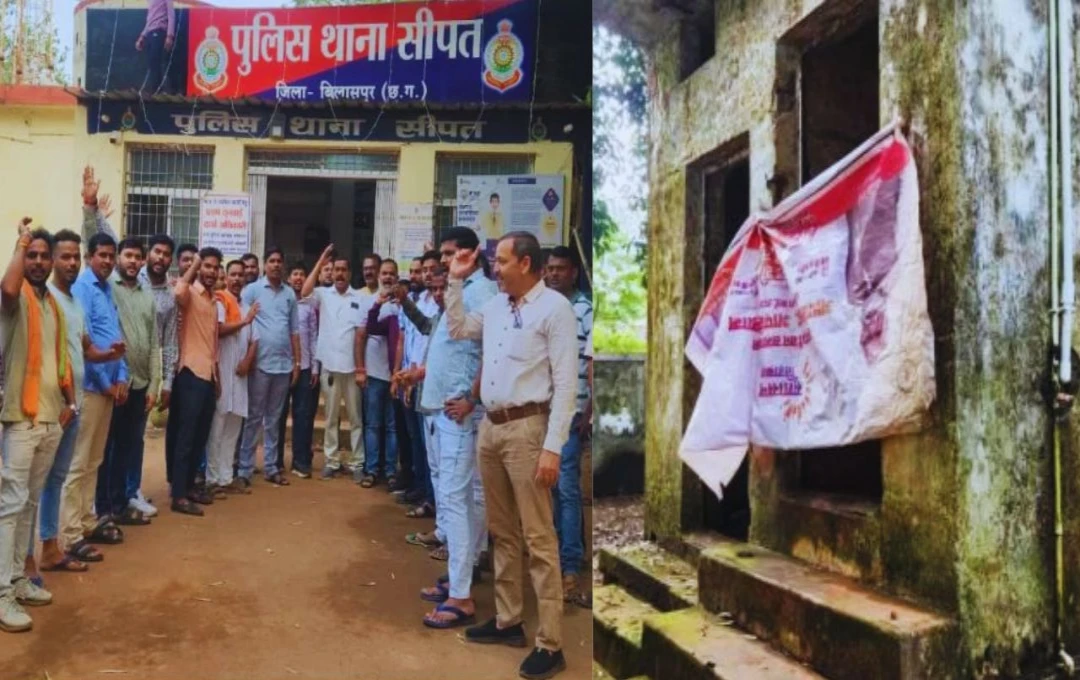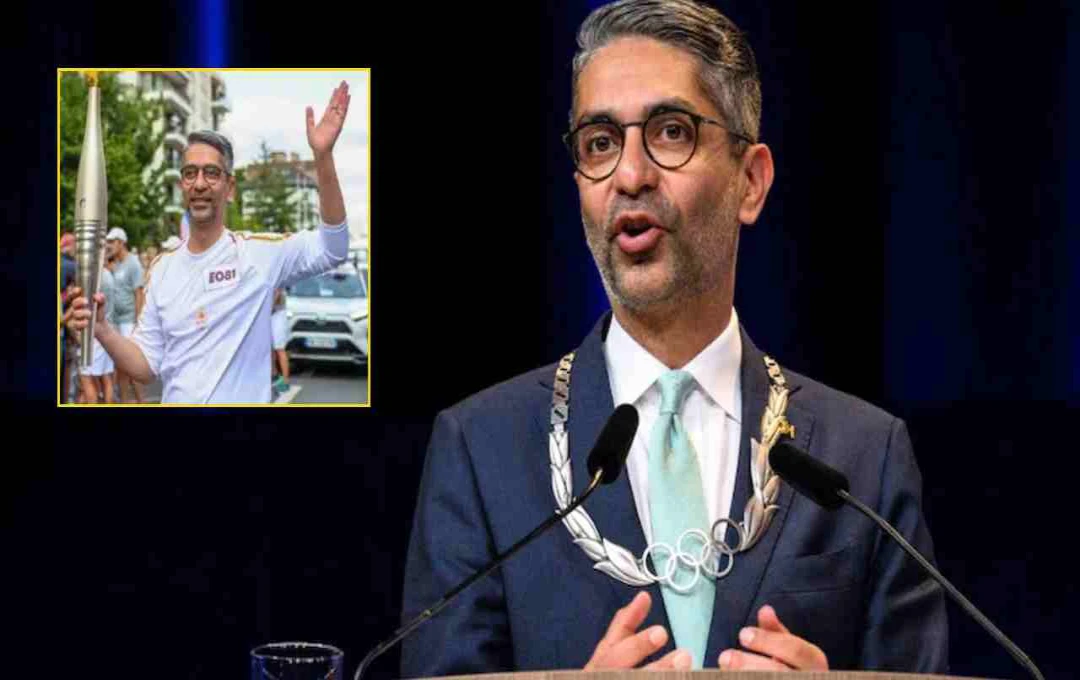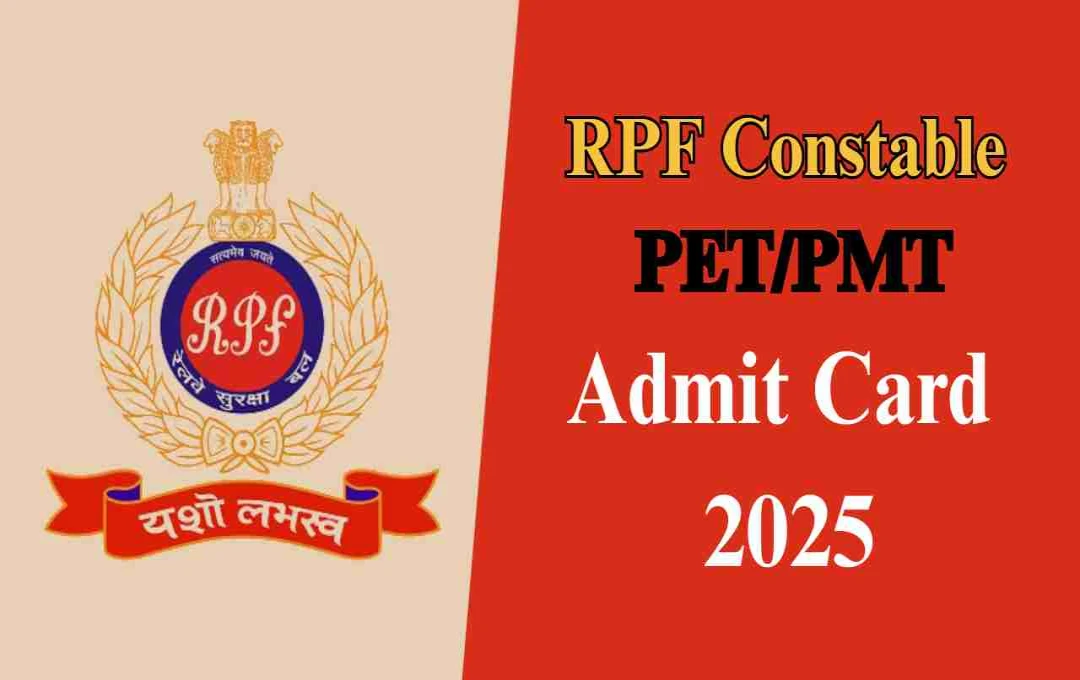Prime Minister Narendra Modi will not attend the United Nations General Assembly (UNGA) session in New York this month. Foreign Minister S. Jaishankar will represent India in his place. This decision comes after the US imposed an additional 25% tariff on oil purchases from Russia.
New Delhi: Prime Minister Narendra Modi has decided not to attend the 80th session of the United Nations General Assembly (UNGA) in New York this month. Foreign Minister Dr. S. Jaishankar will represent India and address the General Assembly on the morning of September 27. This decision comes at a time when the tariff dispute between India and the US is deepening.
India Faces 25% Additional Tariff on Oil Purchases from Russia
US President Donald Trump recently imposed an additional 25 percent tariff on India for importing oil from Russia. Following this decision, the total tariff on India has reached 50 percent. Trump alleges that India is indirectly fueling the "war machine" by purchasing Russian oil.
The Indian government has described this decision as hasty and impractical. The Ministry of External Affairs stated that India is a large economy and cannot compromise on its national interests and energy security. The ministry also reiterated that India adheres to global laws and international partnerships.
Tension in India-US Relations
In February 2025, PM Modi visited the White House and met President Trump. At that time, both leaders announced the commencement of negotiations on a Bilateral Trade Agreement (BTA). However, the tariff dispute has now created a new rift in relations.
Experts suggest that this conflict will not be limited to trade alone but could also affect strategic and diplomatic relations. PM Modi's absence from the UNGA is being seen as a reflection of this tension.
India-Pakistan Confrontation at UNGA Session
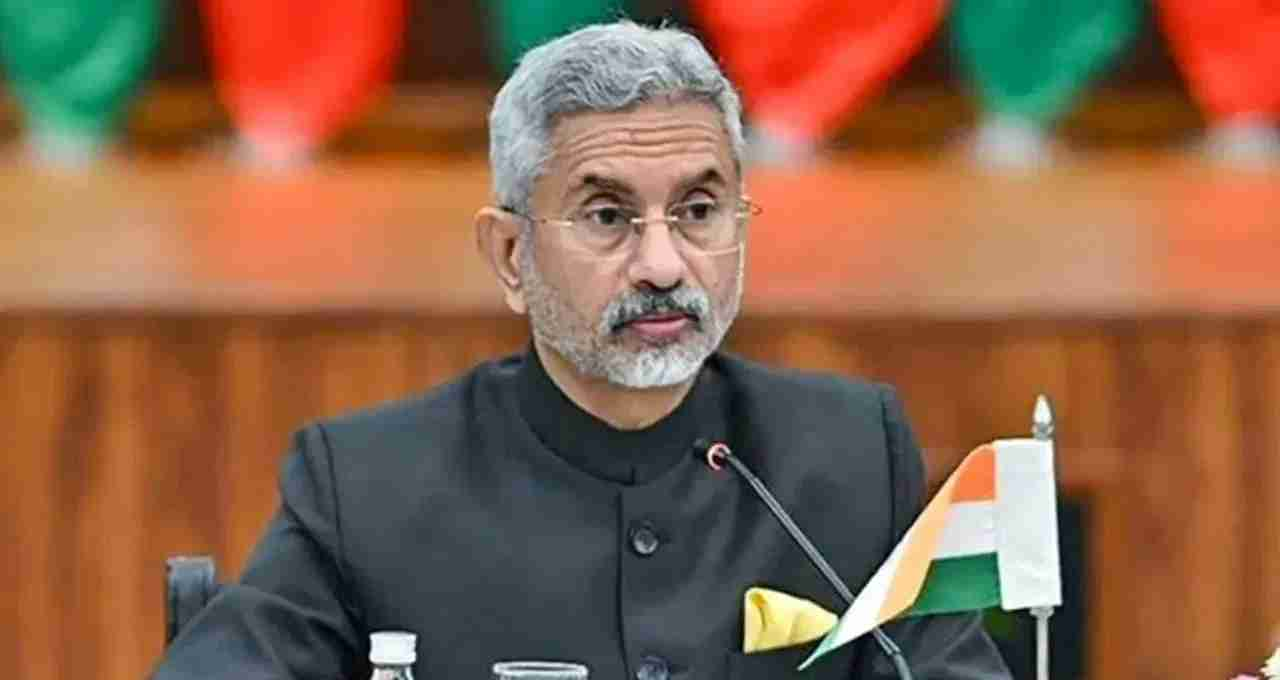
This session of the United Nations General Assembly is held every year in September and is considered the busiest diplomatic forum of the year. This year's session will particularly focus on the Israel-Hamas conflict and the Russia-Ukraine war.
India will deliver its address on September 27, where Foreign Minister S. Jaishankar will present India's perspective to the world. Pakistan's Prime Minister Shehbaz Sharif will also attend the session, which could intensify discussions related to India-Pakistan.
Tariff Dispute Causes Economic Losses to Both Countries
Both India and the United States are democracies and major economic partners. In such a scenario, a prolonged tariff dispute could prove detrimental to both countries. While India needs to purchase oil from Russia for energy security, antagonizing relations with the US is not in its interest.
It will be interesting to see in the coming days whether both countries can resolve this dispute through dialogue and negotiation, or if tensions escalate further.
